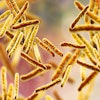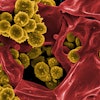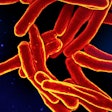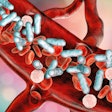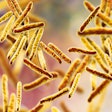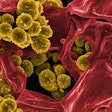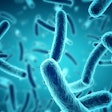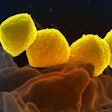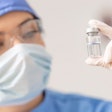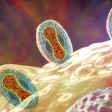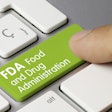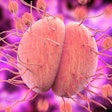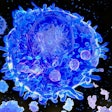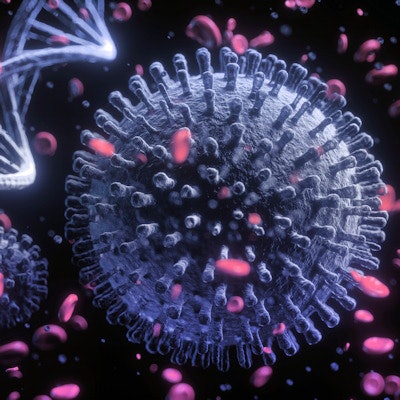
The accuracy of a rapid finger-prick antibody test for SARS-CoV-2 may be much lower than previously suggested, resulting in numerous false positives, according to a new study published November 12 in the BMJ.
The latest research estimated that 1 in 5 people with positive results from the AbC-19 rapid test, which is approved for use in the U.K. and European Union and doesn't require laboratory confirmation, may have been wrongly told they had the virus. This is a stark contrast to an earlier, nonpeer-reviewed study that suggested the test gives no false-positive results, according to the authors.
Scientists tested blood samples from about 2,850 essential workers in England in June. In all, 268 of these workers had previous positive polymerase-chain reaction (PCR) results. Researchers estimated the specificity of the AbC-19 test to be 97.9%, meaning that 2.1% of people who did not have a previous SARS-Cov-2 infection incorrectly tested positive.
They estimated the test's sensitivity to be 92.5% based on PCR confirmed cases but lower at 84.7% in people with unknown previous infection status prior to antibody testing, according to the findings.
The discrepancy is likely due to the test being more sensitive when patients have higher antibody levels. Nevertheless, the AbC-19 test can deliver an adequate degree of accuracy for surveillance studies of the population, but if the tests are to be used to provide evidence of protection from the virus, the results need laboratory confirmation, they wrote.


